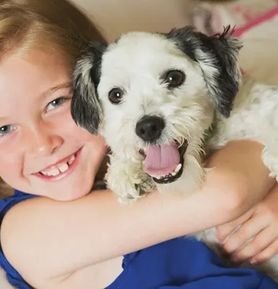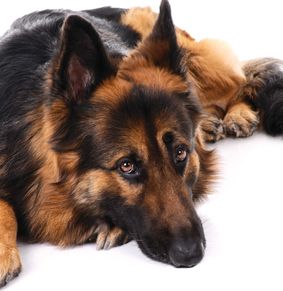
Photo by Matthew Henry on Unsplash
Pet Safety Concerns in the Snow and Freezing Weather
December 11, 2023
by jack shaw
It’s natural to look forward to winter weather. It’s fun to go out and about with your spouse and kids when it’s a white Christmas, throwing snowballs, building snowmen, and sledding down local hills. However, don’t forget the member of your family who may have a tougher time out in the cold — your pet.
Pets are susceptible to various dangers when snow falls. As paw parents, it’s important to save your cats, dogs, and other household companions from the cold. To help you out, we’ve compiled a list of what you need to look out for when the snow and freezing weather comes.
Cold Shivers
If you notice your pet shaking a little more than usual, they may have a case of cold shivers. While these chills can happen after taking them outdoors, it could also be the case while indoors. Sudden cold snaps can make the temperature unbearable for your fur babies.
It’s a good time to look up pet-safe sweaters, scarves and blankets. While you should always keep up with proper grooming, don’t feel tempted to give your pet a haircut now of all seasons. The thicker their fur coat is, the less they’ll feel like they're freezing.
Dry Skin
Cold weather can cause dry skin in dogs. While there may be other causes behind the condition, like allergies or infections, the winter air is a prime suspect if dry skin appears during this time of the year.
If you’re unsure of whether your pet is experiencing this, look out for dandruff and pimples on their skin. They may scratch themselves more often, too, due to itchiness. Look into humidity solutions or consult a veterinarian for your pet.
Snow Exposure
A snowball fight is as exhilarating as a winter break game with family. But keep in mind that your pet requires some extra care when all is said and done when it comes to snow. The snow can stick to their paws and their fur, which can feel weird for them and increase the possibility of frostbite.
Give your pet a thorough look over after drying them off. Check the nooks and crannies where icicles might stick, like the crevices between their paws. Wipe those areas clean and make sure they’re dry and cozy.
Poisonous Antifreeze
If you think your pet is safe because you’ve cleared the snow from your property, think again. Antifreeze used to thaw snow is toxic to pets. Salt brine isn’t ideal either, so try other ice and snow removal techniques. Although going out to shovel as the snow is coming down can be unpleasant, it allows direct sunlight to warm your property and prevent further buildup. If you absolutely must use ice melt, make sure it’s non-toxic and safe for pets.
Road Accidents
Adventurous kitties and pups aren’t always fazed by the cold, so supervise them when bringing them outside. With icy roads, drivers are prone to making accidents, so it’s a must to keep your pets safe. Take them out for a short walk and keep them sheltered indoors afterward to steer clear of such situations.
Low Energy Levels
While you have your hot cups of cocoa, make sure your pet also gets enough water and treats. Wintertime can require your four-legged fluff balls to use up more energy to keep warm and active. Their sleeping patterns can also change as a result of this. Keep them well-fed and hydrated throughout these months.
Fleas and Ticks
Fleas and ticks are active in warm conditions, but they continue to thrive throughout the winter months with an animal host. If they find their way to your pet’s fur, they may contract diseases such as plagues and Lyme disease. It’s important to have them removed by a specialist and look into preventive treatment for your dog or cat.
Keep Your Pet Warm in Winter
It’s still possible to bring your pet out for walks and have them join in on the family fun. Just remember to do the prep work to ensure your furry friend is warm and comfy throughout the season. And take plenty of pictures in their adorable blankets and scarves!





